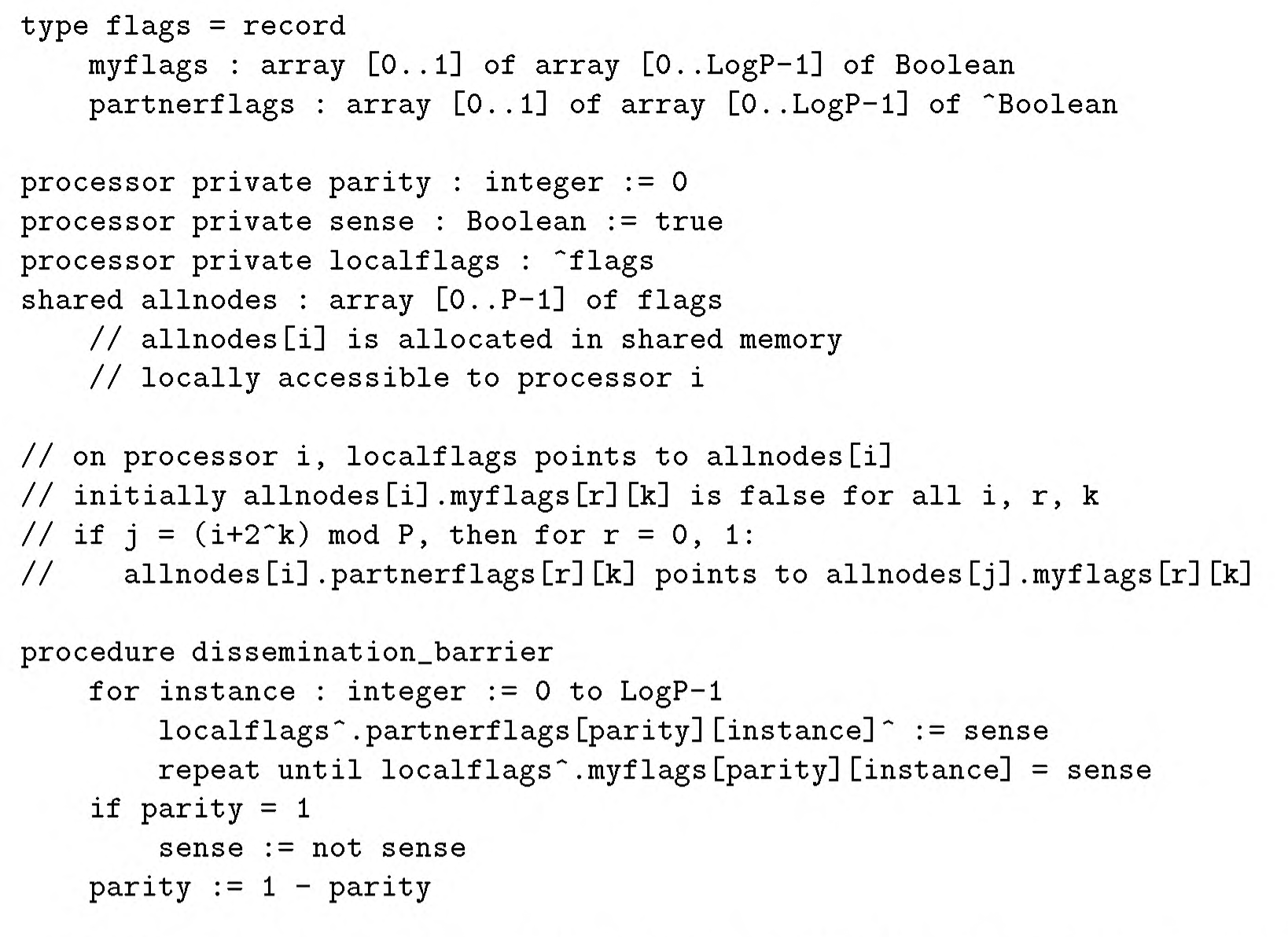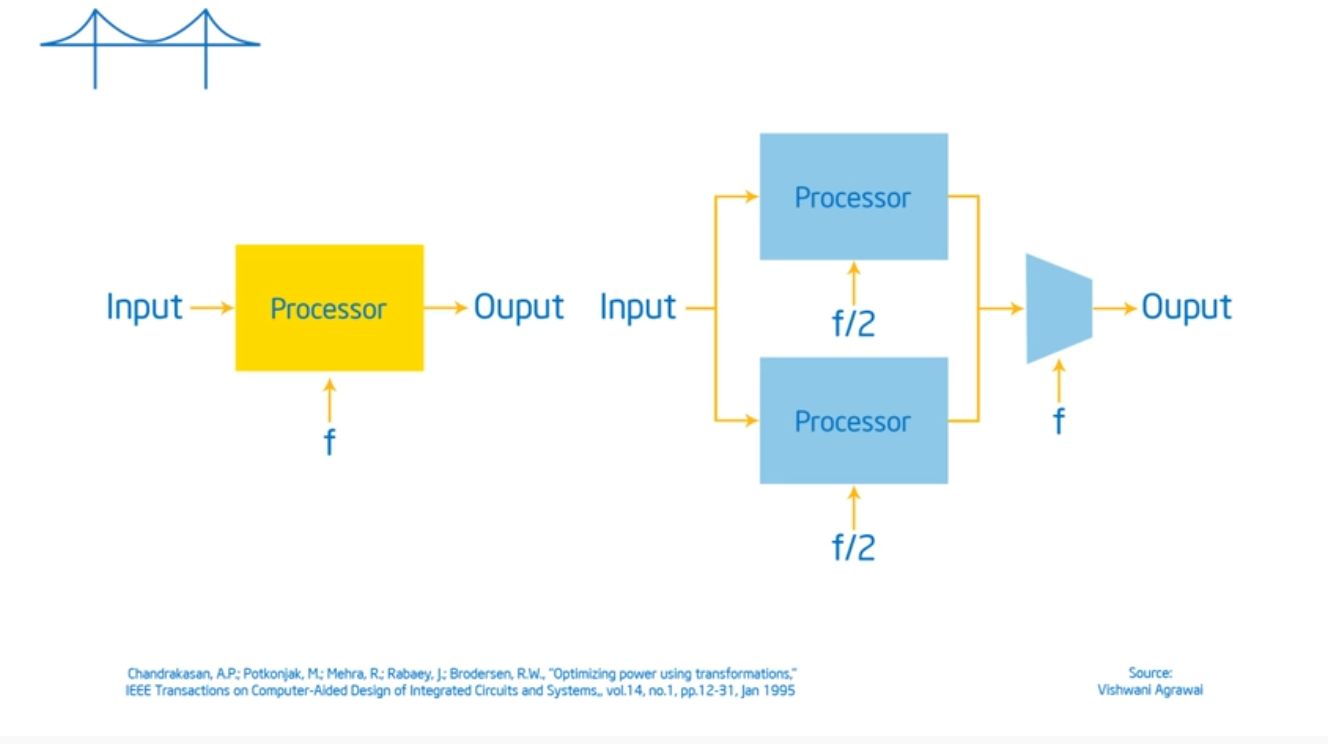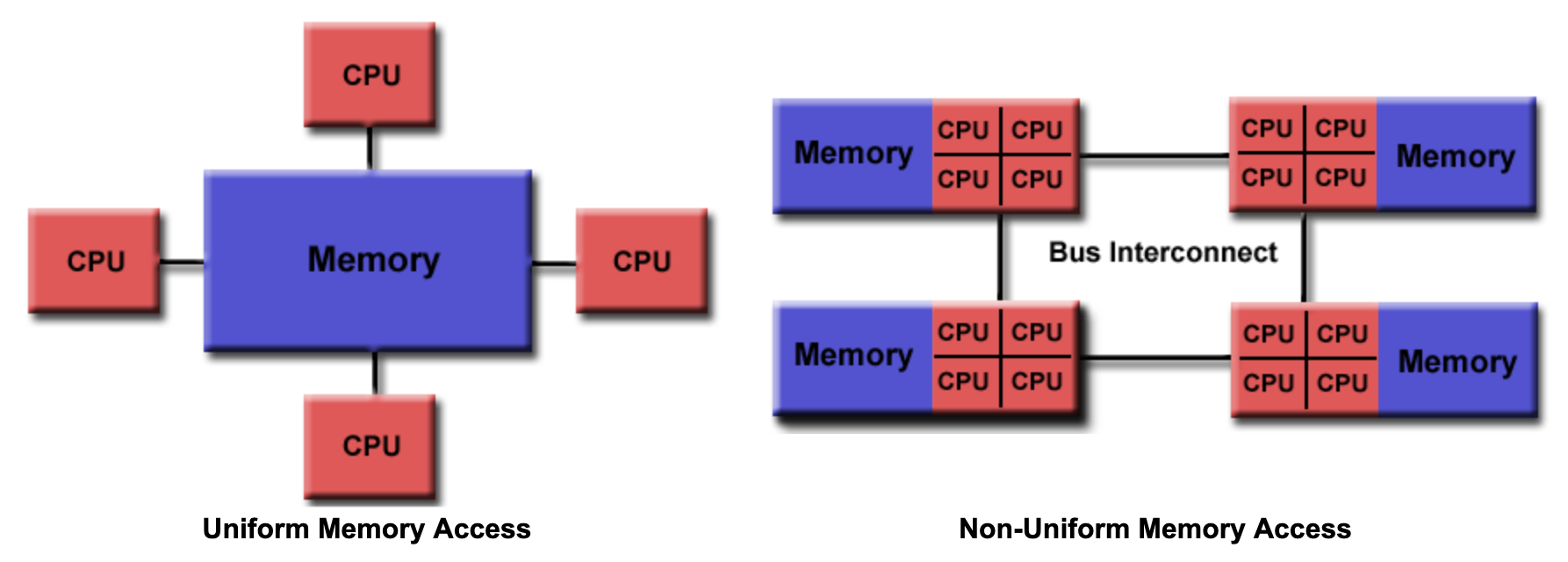Blog
-
I’m implementating the dissemination barrier (above) in C for my advanced OS course and I’m not quite sure I understand the pseudo code itself. In particular, I don’t get the point of the parity flag …. what’s the point of it? What problem does it solve? Isn’t the localsense variable sufficient to detect whether or…

-
My body aches from the first day of moving houses, my body sore from all the loading and unloading of tightly packed boxes from the house and into the back of the 15″ foot U-Haul truck. Rant U-Haul at Burien employes some of the most unprofessional staff with the worst customer service. The staff were…

-
I want to learn how to better market myself and what it means to create my own personal brand and how I might be able to apply these marketing skills in my career (as a software developer and computer scientist) and as a writer. Because I do wonder what sort of impact and influence I…

-
Yesterday … was exhausting. A few times throughout the day I actually felt my body shut down and I nearly fell asleep while working. Although I cumulatively got like 7.5 hours of sleep, my sleep was constantly interrupted since Elliott has been (presumably) teething and letting out these screams at 1:00 AM and 3:00AM and…

-
Questions I thought about during the day How did society overcome the Spanish Flu and how did the people during that time return back to normal? I doubt some vaccination ended the pandemic… so how did we all get over it? And how will it be the same (or different) this time around with COVID-19…

-
This past week, I skipped writing my daily reviews for two days in a row because I was really pressed for time. On the days that I skipped, I immediately started studying for the midterm exam as soon as I woke up. Looking back, I regret not writing anything down. Because I’ve already forgotten the…




